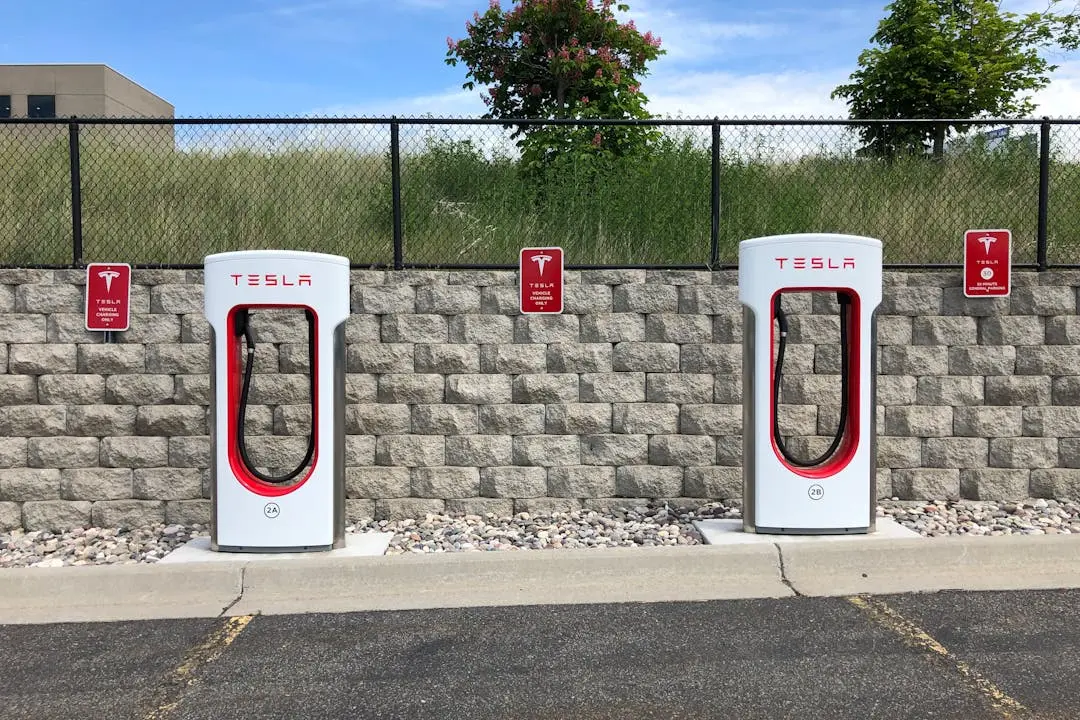
Have you ever wondered how long it takes to charge an electric vehicle (EV)? If you’re new to EVs, this question is vital. The time can vary based on several factors, from the charger type to the vehicle’s battery size. Let’s dive into this interesting topic!
Factors That Affect EV Charging Time
Charging an EV isn’t as straightforward as plugging it in and walking away. Several key factors affect how long it takes to charge your electric car. Understanding these can help you plan your charging sessions better.
Charger Type and Power Output
First up is the charger type. Here are the main types:
- Level 1 Charging: Uses a regular household outlet (120V in the US) with a power output of 1.4–1.9 kW. This is the slowest method, often taking 8 to 20 hours or more.
- Level 2 Charging: This uses a 240V outlet. With power outputs ranging from 3.3 kW to 19.2 kW, it can charge your EV in 4 to 10 hours. Perfect for home and public charging!
- DC Fast Charging (Level 3): These high-power chargers (50 kW to 350 kW or more) can cut charging time dramatically. You might charge in just 20 to 60 minutes!
Battery Capacity and Vehicle Capability
The next factor is battery capacity. Larger batteries take longer to charge. However, even with a big battery, a faster charger can cut down the time significantly. Not all EVs can handle the maximum output of a charger, so ensure your vehicle matches the charger’s power.
The State of Charge (SoC)
What’s your battery’s current state of charge? Charging speeds usually slow down as you approach 80–100% capacity. It’s designed this way to protect the battery. Most fast charging figures only apply for charging from 0% to 80% or 20% to 80%.
Temperature Matters
Weather can also play a role. Cold or hot temperatures can slow charging speeds. Batteries need to be managed safely, which sometimes means slower charging during extreme weather.
Typical Charging Times for EVs
So, how long can you expect to wait? Let’s look at average charging times for different charging methods.
Level 1 Charging
If you’re using Level 1 charging, prepare to wait! Full charging can take anywhere from 8 to 20 hours. This is ideal for overnight charging.
Level 2 Charging
Level 2 chargers are faster. You can expect a full charge in about 4 to 10 hours, depending on the power output. For example, a 50 kWh battery might take about 7 to 8 hours on an 11 kW charger.
DC Fast Charging
If you’re on a road trip, DC Fast Charging is a game changer! You can go from 20% to 80% in as little as 20 to 60 minutes. Imagine getting a near-full charge while grabbing a coffee!
Examples of Charging Times for Popular EVs
Let’s take a closer look at some popular models.
Tesla Model 3
See also: A Complete Guide to Charging Your EV at Home.
This vehicle boasts a 75 kWh battery:
- Level 1: 50–60 hours for 0–100%.
- Level 2: 7–8 hours for 0–100%.
- Supercharger: 15–30 minutes for 10–80%.
Nissan Leaf
The Leaf has a 40 kWh battery:
- Level 1: 28–30 hours for 0–100%.
- Level 2: 6–7 hours for 0–100%.
- DC Fast Charger: 40–60 minutes for 20–80%.
Hyundai Ioniq 5
This model features a 77.4 kWh battery:
- Level 2: 7–8 hours for 0–100%.
- Ultra-Fast Charger: ~18 minutes for 10–80%.
Conclusion
In summary, charging times for EVs can vary greatly depending on several factors. Understanding your charger and vehicle capabilities can help you plan better for charging. Whether you’re charging overnight or on a road trip, knowing the details makes all the difference. Have you checked out other EV topics?
Leave a Reply